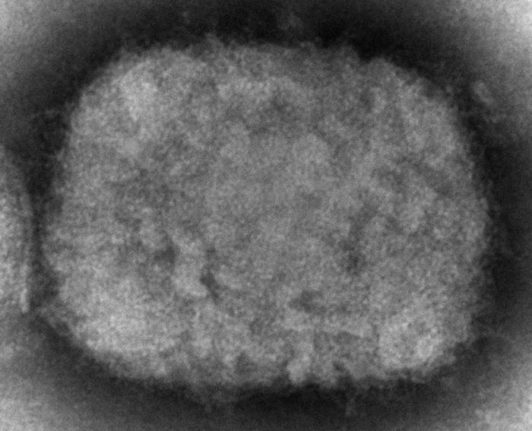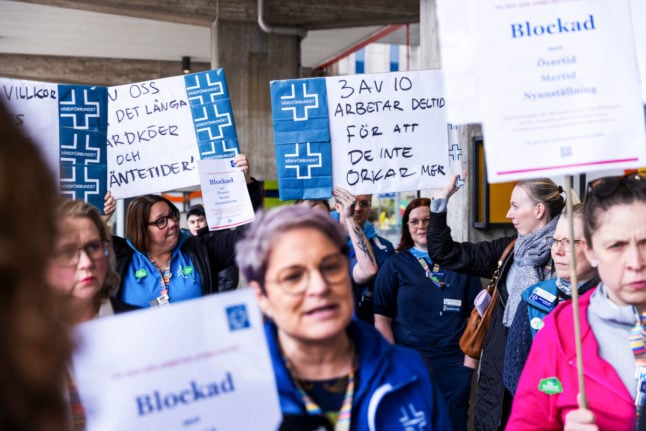The person who has been confirmed as infected, is from Västra Götaland and is said to be well and is not being cared for in hospital.
The first case of monkey pox in Sweden was confirmed on Thursday last week.
“The current outbreak shows what appears to be a new route of transmission, which means that we are now building new knowledge. The recommendations will therefore be updated in connection with more information being added,” Sara Byfors, Head of Department at the Swedish Public Health Agency said.
The rare disease usually manifests itself through fever, muscle aches, swollen lymph nodes, chills, exhaustion and a rash on the hands and face.
Monkeypox typically has an incubation period of six to 16 days, but it can be as long as 21 days. Once lesions have scabbed over and fallen off, the person with the virus is no longer infectious.
Unlike Covid-19, you can only infect others when you yourself have symptoms. Infection can occur via the respiratory tract or close contact with body fluids.
Several dozen suspected or confirmed cases of monkeypox have been detected since the beginning of May in Europe and North America.
Denmark has ordered thousands of vaccines against monkeypox, with the first 200 arriving from the Netherlands on Friday. The move comes following the first case of the virus in Denmark was reported on Monday and a second case early on Tuesday.
The vaccinations will be given to people who have been in close contact with those infected with the virus, although the Danish Health Ministry said risk to the general population remains very low.



 Please whitelist us to continue reading.
Please whitelist us to continue reading.
Member comments